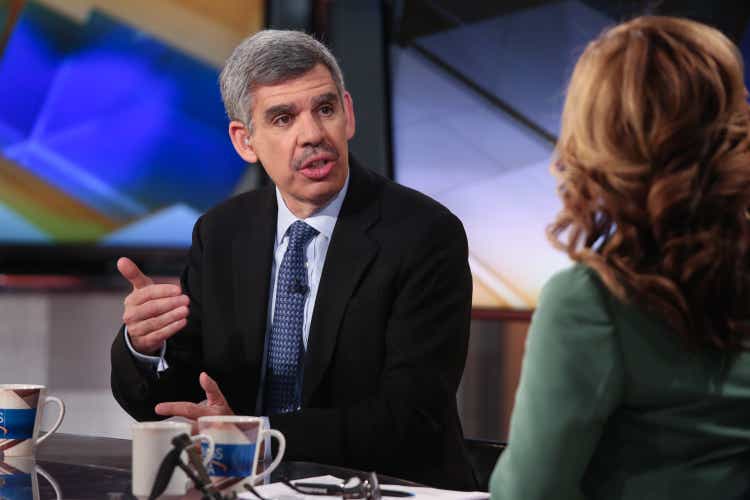- Nov 26, 2011
- 123,496
- 53,665
- 2,290
- Thread starter
- #21
You are exactly right. That is the very nature of the problem.Appreciate this concise explanation.
It was extremely informative.
I was having trouble understanding how Treasury Bonds with a 1.78% return rate were losing money.
I was under the impression that no one wanted these bonds because as interest rates went up, new bonds were paying significantly higher returns...more than double what these bonds were paying.
Is there any truth to that notion...or am I way off?
If someone is sitting on an older bond, and they get into a cash crunch, they will have to sell that bond for less than they paid for it. They are underwater.
Just like when mortgages were underwater. House values plummeted and people had mortgage debt that was higher than what their house was worth. If they got into a cash crunch, they had to sell their house at a loss.
This is what is going on in the bond market now.


